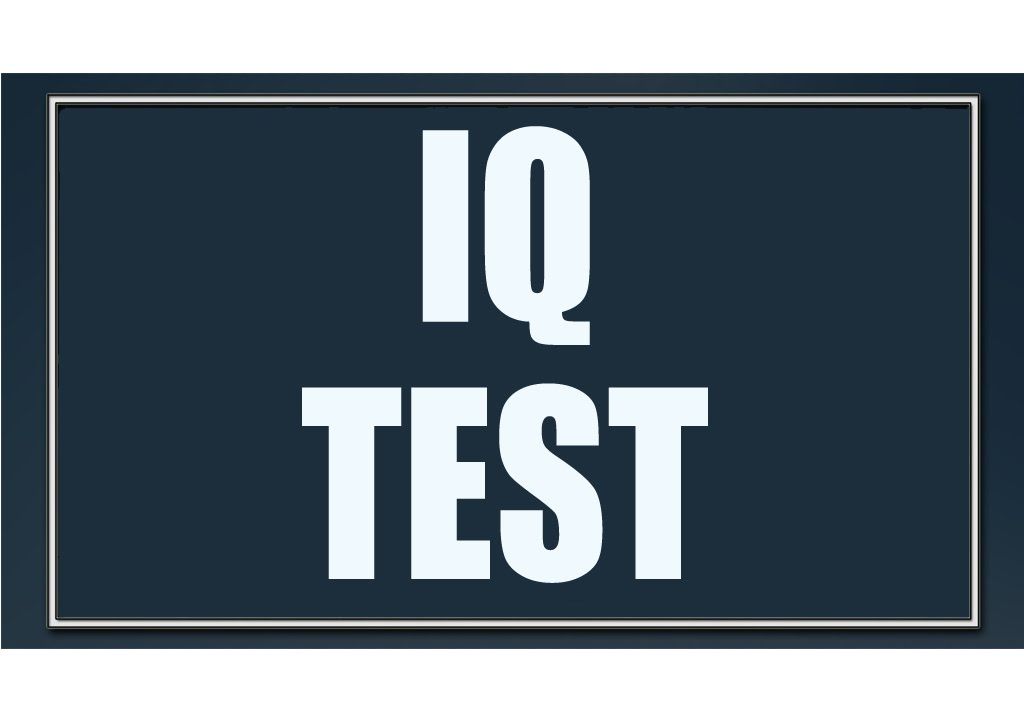Introduction:
Intelligence Quotient (IQ) tests have played a pivotal role in understanding and measuring cognitive abilities for over a century. Developed as tools to assess intelligence, these tests have evolved, diversified, and stirred debates about their accuracy and fairness. In this article, we will explore the intricacies of IQ tests, their components, historical context, and the controversies surrounding their application.
The Historical Roots of IQ Tests:
The origins of IQ Test can be traced back to the early 20th century when French psychologist Alfred Binet created the first test to identify students needing extra assistance. The concept gained traction, leading to the development of various intelligence tests, including the Stanford-Binet Intelligence Scales and the Wechsler Intelligence Scales.
Components of IQ Tests:
IQ tests typically consist of multiple sections designed to measure different aspects of cognitive ability. These components often include verbal reasoning, mathematical proficiency, spatial awareness, and problem-solving skills. The amalgamation of these sections aims to provide a comprehensive evaluation of an individual’s intellectual capabilities.
Cultural Bias and Criticisms:
One persistent criticism of IQ tests revolves around cultural bias. Critics argue that the questions and scenarios presented may favor individuals from certain cultural backgrounds, potentially disadvantaging others. This debate raises important questions about the universality and fairness of intelligence assessments.
IQ Tests in Education:
In educational settings, IQ tests have been utilized to identify students who may require specialized attention or advanced placement. However, the role of IQ tests in education is not without controversy, as some argue that they may oversimplify the complex nature of learning and intellectual development.
The Flynn Effect:
An intriguing phenomenon associated with IQ tests is the Flynn Effect, named after James Flynn. This refers to the consistent rise in average IQ scores over time, challenging the notion that intelligence is a fixed trait. The reasons behind this upward trend are still a subject of exploration and debate among psychologists.
Beyond IQ: Emotional Intelligence and Multiple Intelligences:
Critics argue that traditional IQ tests may not capture the full spectrum of human intelligence. Concepts such as emotional intelligence, social intelligence, and multiple intelligences (proposed by Howard Gardner) highlight the diverse ways individuals excel beyond the conventional parameters of IQ testing.
Conclusion:
While IQ tests have proven valuable in certain contexts, they are not without limitations and controversies. Recognizing the potential for cultural bias and understanding the broader landscape of intelligence, encompassing emotional and social aspects, is essential. As we navigate the complex tapestry of intelligence assessment, ongoing research and dialogue will continue to shape the future of how we measure and understand cognitive abilities.

